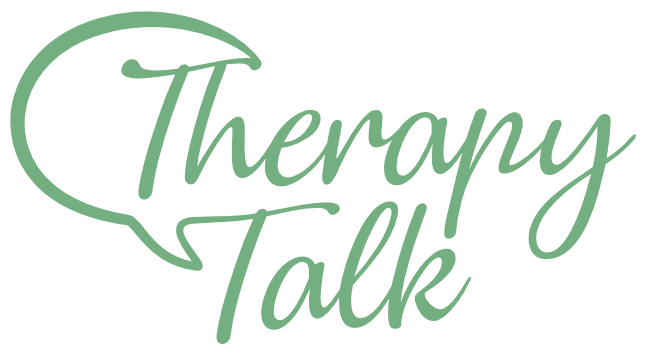Did you know everyone gives and receives love in a different way? Maybe the way you’re being loved isn’t exactly reaching you. Or, maybe you’re trying really hard to show your love but are only being met with “eh, thanks.”
Theorized by Dr. Gary Chapman, a love language is a way a person prefers to receive love and affection. He suggests that most people give or show love the way they wish to receive it instead of how their partner wishes to receive it. This is why so many partners complain that their significant other doesn’t show affection or love—they’re miscommunicating it!
Don’t fret. This is their free quiz to discover your primary love language. Once you know your results, make sure you share with your loved ones and have them take it too. Knowing this can help take your relationships to the next level and become more aware of your needs.
Here’s what they’re all about:
Words of Affirmation: This language uses words to affirm other people. People whose love language is words of affirmation want to hear they are appreciated and loved more than anything. Examples include saying, “I love you” “You’re so special to me” “It really impressed me when you…” “I believe/trust in you.” “That meal you made was delicious!”
Physical Touch: To this person, nothing speaks more deeply than appropriate physical touch. This can be a hug, holding hands, a massage/foot rub, or even taking them out on a night of dancing.
Receiving Gifts: For some people, receiving a heartfelt gift is what makes them feel most loved. This can be something inexpensive yet thoughtful. For example, bring them their favorite flowers, just because or make them a playlist and explain why you chose each song for them.
Quality Time: This language is all about giving the other person your undivided attention. Whether it’s just having a conversation over coffee or watching their favorite movie with them, just spending time with that person will let them know that you care. It can be catching up about each other’s day, sharing a meal, or even running errands together.
Acts of Service: For these people, actions speak louder than words. It goes beyond just doing chores or what you’re asked to do, but picking up extra work around the house or running errands they’ve been dreading to make their day easier. It can look like your loved one vacuuming the house, completing a chore you hate, going grocery shopping, or making you dinner.
Using your loved ones primary love language and loving them how they want to be loved will enrich your relationships. Similarly, knowing your own love language can also help you know how to best give love to ourselves and prioritize your needs.



